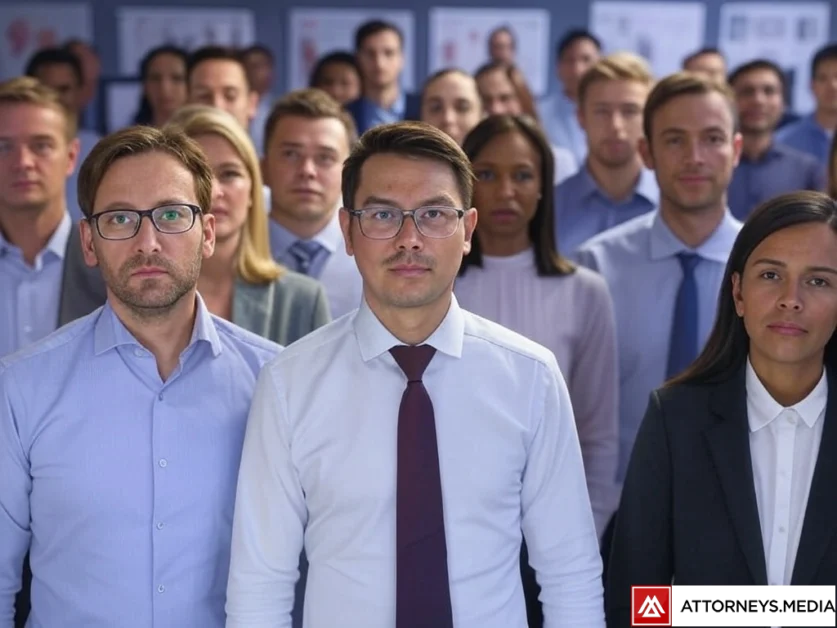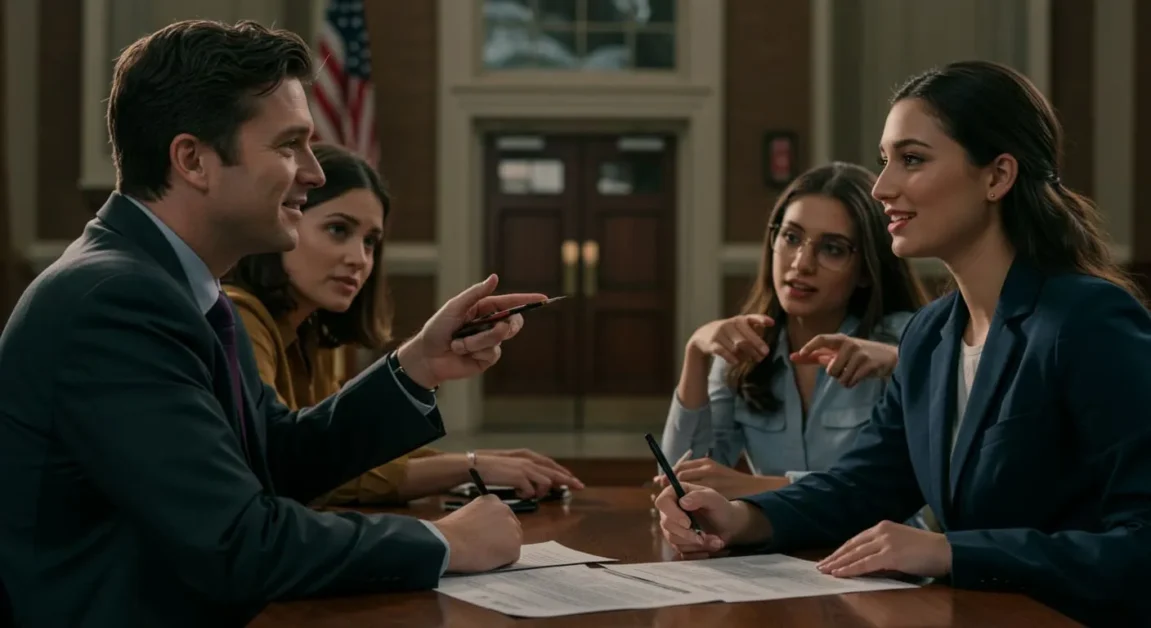Causes of Mistrial in Criminal Cases: Getting Charges Dismissed
The American criminal justice system, rooted in the principles of due process and fair trial, occasionally encounters situations where the proceedings must be halted prematurely. These instances, known as mistrials, can occur for various reasons and may lead to the dismissal of charges against a defendant. Understanding the causes of mistrial in criminal cases and […]
Causes of Mistrial in Criminal Cases: Getting Charges Dismissed Read More »









